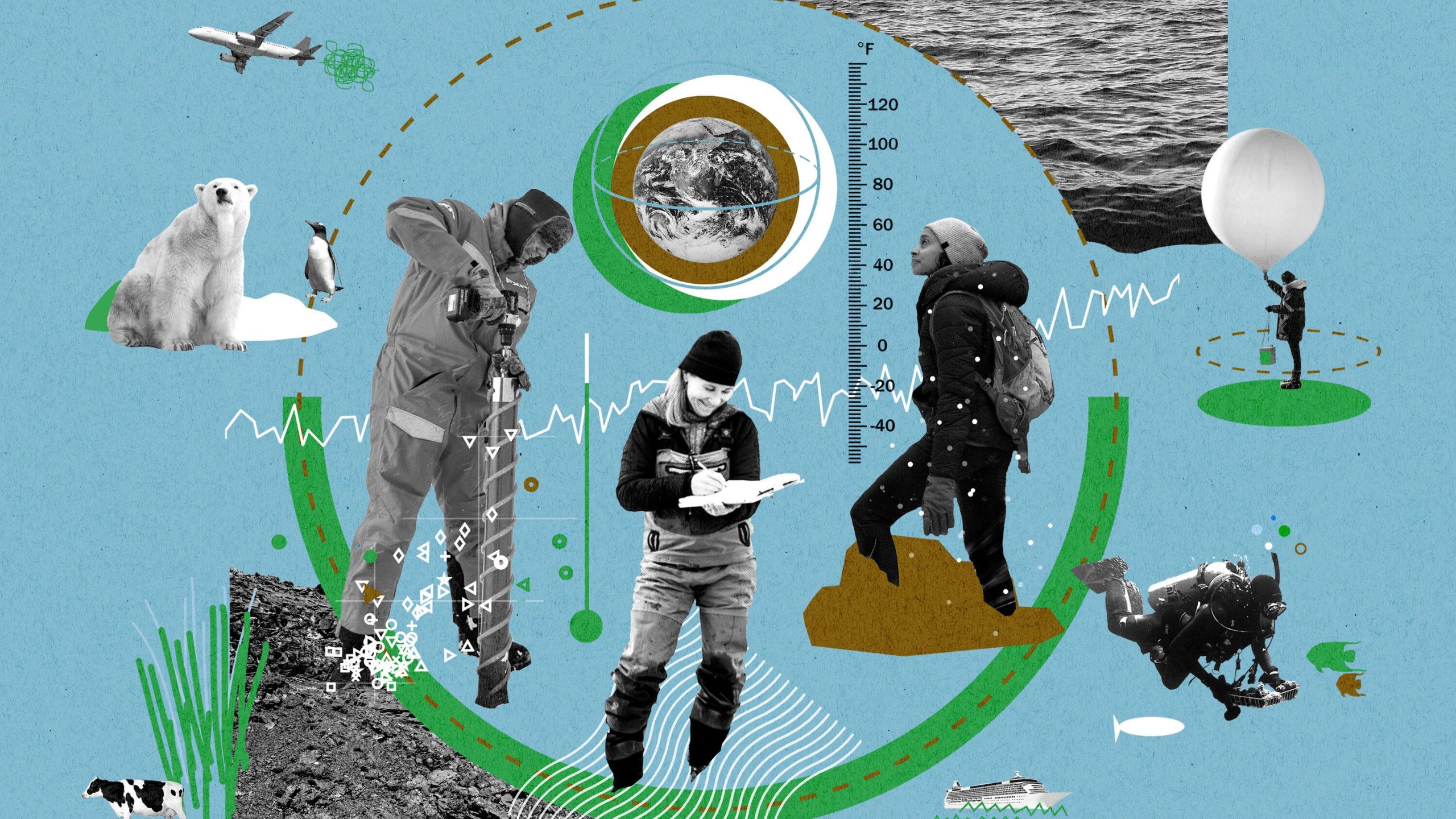Climate change is one of the most pressing issues facing our planet today. It is the long-term alteration of temperature and typical weather patterns in a place. This phenomenon is largely driven by human activities, such as burning fossil fuels, deforestation, and industrial processes, which release greenhouse gases into the atmosphere.
Greenhouse Effect
At the heart of climate change is the greenhouse effect. Greenhouse gases, like carbon dioxide and methane, trap heat from the sun in the Earth’s atmosphere, leading to a warming effect. This enhanced greenhouse effect is causing global temperatures to rise, resulting in various consequences like melting ice caps, rising sea levels, and more frequent extreme weather events.
The Role of Human Activities
While natural processes also contribute to climate change, human activities have significantly accelerated the rate of global warming in recent years. The burning of fossil fuels for energy production, transportation, and industrial activities is the largest contributor to greenhouse gas emissions. Deforestation, agriculture, and waste management also play a significant role in exacerbating climate change.
Scientific Evidence
Scientists have been studying climate change for decades and have amassed overwhelming evidence to support the reality of this phenomenon. From temperature records to satellite observations, from ice core samples to computer models, the scientific consensus is clear: the Earth is warming at an unprecedented rate, and human activities are primarily responsible for this change.
Impact on Ecosystems
Climate change is not just a threat to the environment; it also poses significant risks to ecosystems and biodiversity. Rising temperatures are causing shifts in plant and animal habitats, leading to disruptions in ecosystems. Species are struggling to adapt to the rapid changes, and many are facing extinction as a result of climate change.
Solutions
Addressing climate change requires a comprehensive and coordinated effort from individuals, governments, businesses, and international organizations. Transitioning to renewable energy sources, improving energy efficiency, promoting sustainable practices, and investing in research and innovation are all critical steps in combating climate change. It is essential that we take action now to mitigate the effects of climate change and create a more sustainable future for generations to come.
In conclusion, the science behind climate change is well-established, and the evidence is clear. It is imperative that we all work together to address this global challenge and protect our planet for future generations.

